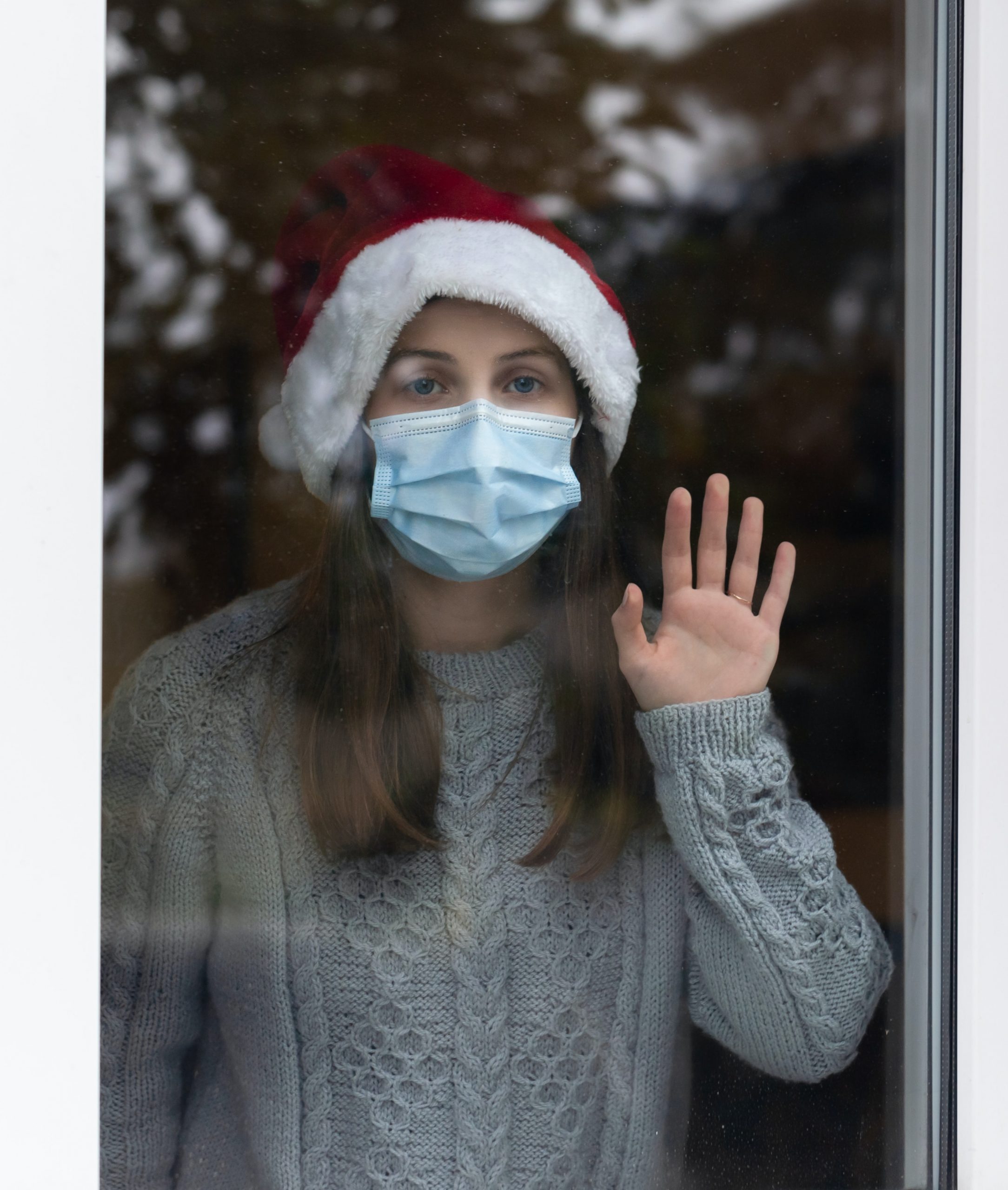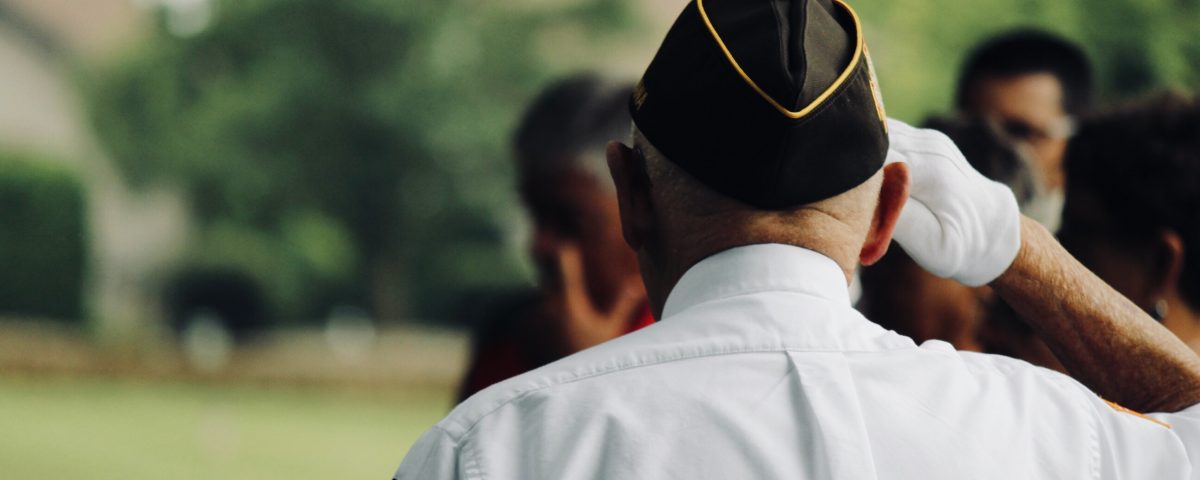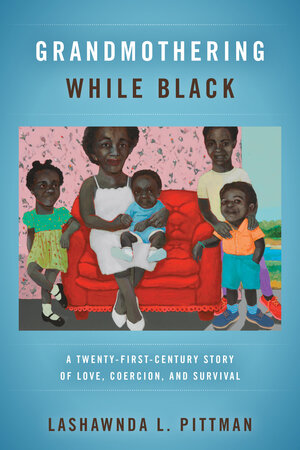
Los efectos de la pandemia en los espacios de cuidado infantil del Cono Sur
November 13, 2020
Ending loneliness together: Caring for the lonely during the pandemic
November 20, 2020By Emma Dries and Nathan Boucher
11/16/2020
There are an estimated 5.5 million informal (i.e., unpaid, non-professional) military caregivers in just the United States today; they are most often family and friends. Military caregivers provide indispensable services that save countries millions in healthcare costs. However, these services come at a personal price. At the pandemic’s onset, media outlets highlighted the effect the COVID-19 pandemic had on not just veterans, but on their caregivers. Veteran status in the US has unique implications as Veteran care — and payment for that care — is handled separately from the general population where single payer healthcare does not exist.
The coronavirus has pushed already isolated caregivers into even more isolating circumstances, and mental health is not the only issue exacerbated by COVID-19. Caregiving is demanding, and military caregivers consistently experience worse health outcomes, greater familial and financial strains, and more workplace issues than their non-caregiving counterparts. This disparity has been compounded by the pandemic. The limited in-person assistance that some caregivers depended on is now far more inaccessible. Without assistance, some families may have to rely on paid health care professionals. This service can come at a significant financial cost and creates the additional risk of COVID-19 exposure.
While informal veteran caregivers are rarely acknowledged in healthy policy both in the US and abroad, the coronavirus has highlighted the need for intervention and aid. In the UK, the health and social care select committee has recommended that ministers should invest at least 7 billion pounds a year to improve pay and skills for care workers who can off-set the work done by families to care for the aging and otherwise vulnerable. In the US, the USAA Insurance Company has committed an additional $30 million in donation funds to benefit the families and caregivers of veterans. While funding is a critically important resource, engaging communities to assist veterans and their caregivers is another way to counter isolation and health risks. Informal veteran caregivers face unique challenges, and they must be supported. Further support for US caregivers of veterans can be found here.


